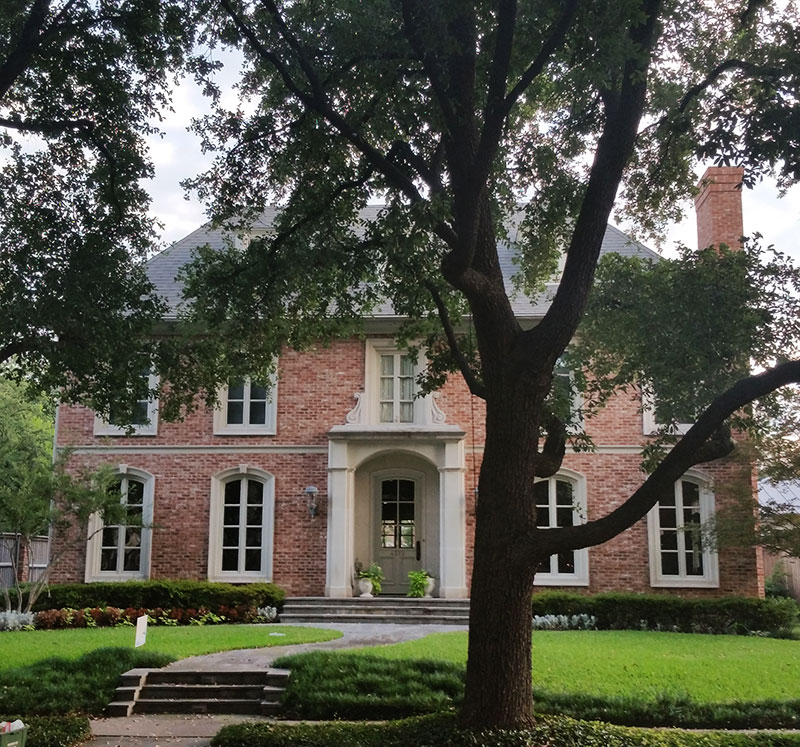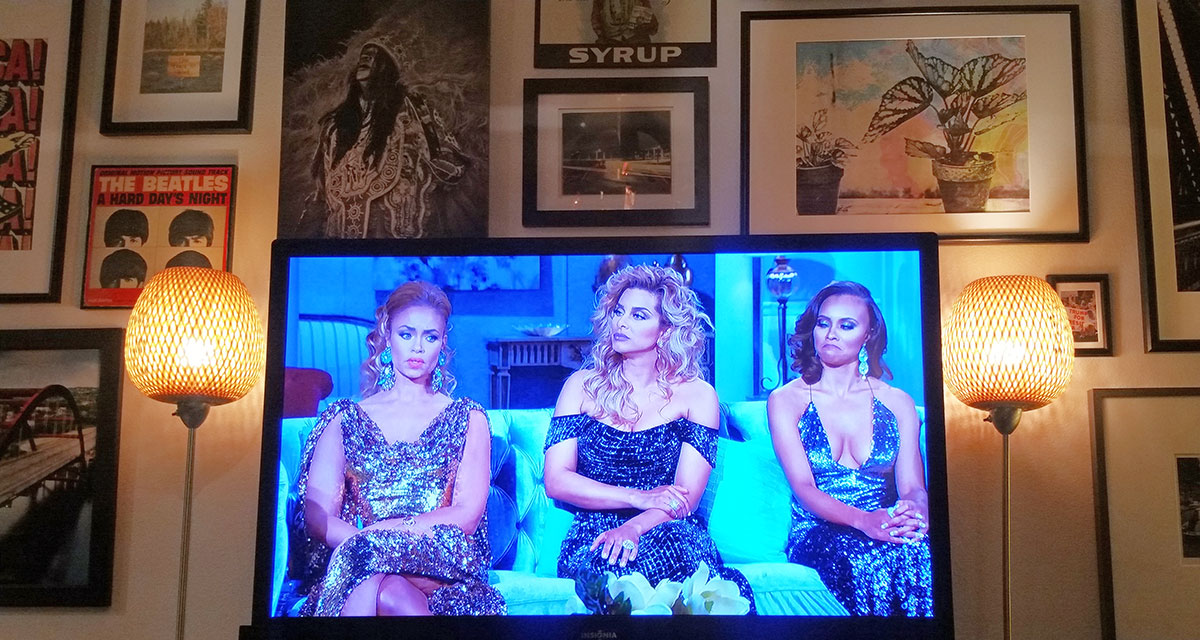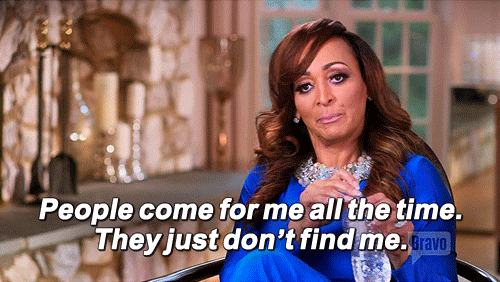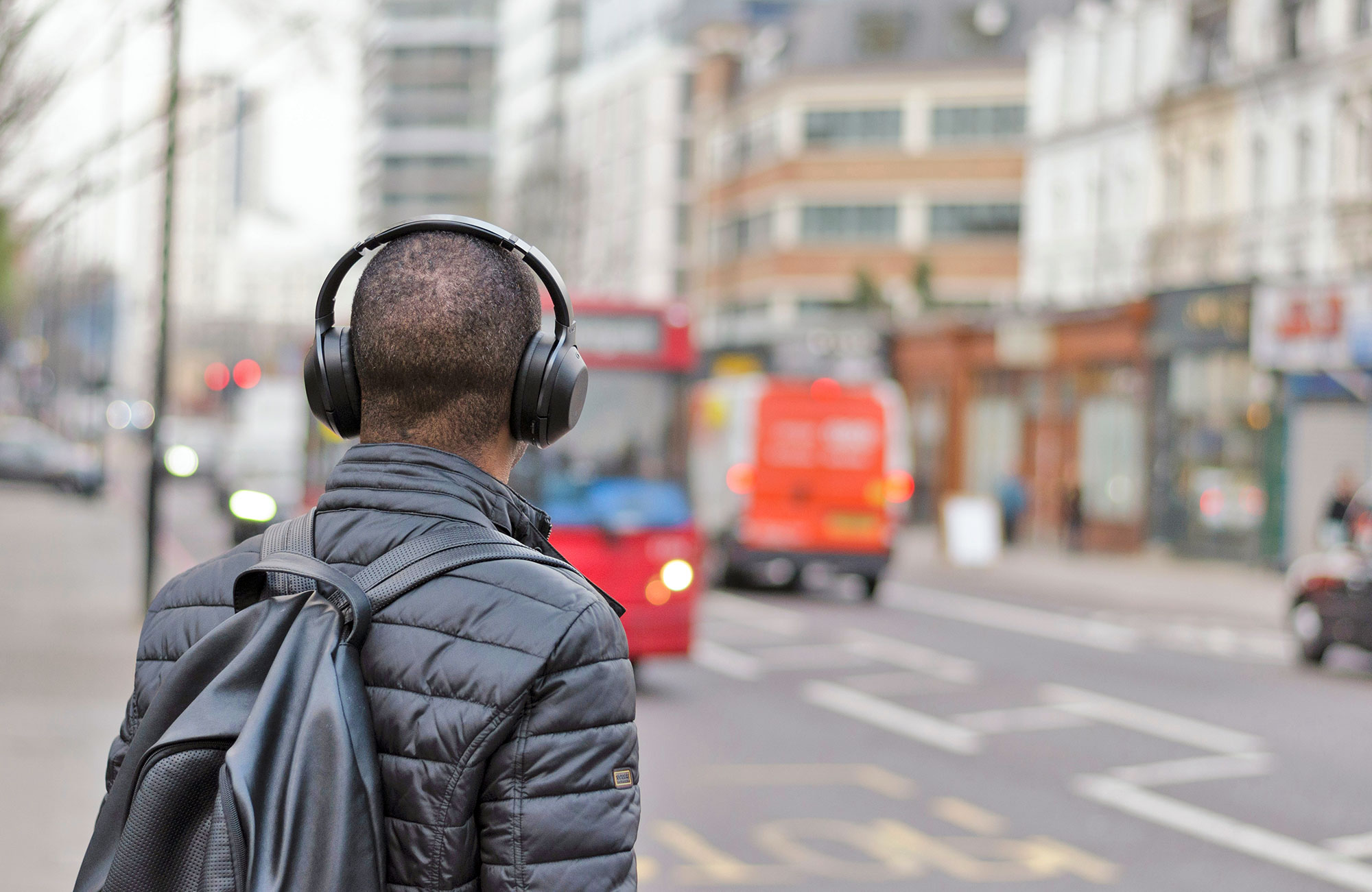I found an old copy of the National Jurist around the law school.
The lead story is “Disappearing Act: minority enrollment at a 15-year low, despite more applicants with better LSAT scores.”
“In 2002-2003, 63 percent of all black applicants were not admitted to law schools.”
The article attributes the decline in minority enrollment mostly to a backlash against affirmative action and a new ABA minimum bar pass requirement. The ABA will require schools to meet a minimum bar pass rate in order to maintain accreditation. This new rule threatens a handful of HBCUs – including Southern University, Florida A&M, Howard, and Texas Southern –which have a bar pass rate under the required 75 percent.
The National Jurist article also suggests this rule would discourage schools from accepting minority applicants because “Hispanic and black students traditionally struggle on standardized exams, especially the bar exam.”
So what are law schools doing to recruit minorities? According to National Jurist, law schools are now taking “a personal approach” to admissions.
I saw this “personal approach” at work this past year. I was more aggressively recruited by law schools than when I applied to undergrad, even though I was a better applicant coming out of high school.
After I signed up for LSDAS the paper flood began.
Every day I received letters and packets from different schools. “Come here. We are different.”
Within each packet was a letter that mentioned diversity in some way, “Come here. We have minorities.”
And when the school really DIDN’T have minorities the letter was, “Come here. We welcome minorities. We have about six of you now.”
A fee waiver was usually included among the glossy photos of smiling black and Hispanic students. I received fee waivers from over 50 schools.
I applied to about 40 schools. Why not? It was free.
I only applied to one school that didn’t send me a fee waiver: my first choice, UMN.
Then the calls began.
Deans and presidents of Black/Minority/Gay Law Student associations began calling every day.
The most ridiculous instance was a series of late (9pm-ish) calls made by black girls from a certain school’s Black Law Student Association.
Girl: Hey.
Me: Hi?
Girl (giggling): Do you know who this is?
Me: Uh, no?
Girl: It’s Keisha.
Me: Keisha?
Girl: Yes. I’m calling from SoandSo University’s School of Law.
Me (checking the clock. It’s 9:15pm.): Okay.
Girl: Well, I was wondering if you had any questions about the school.
Me: No. I don’t. I’m going to the University of Minnesota in the fall.
Girl: Well SoandSo University’s School of Law is a wonderful place. Do you mind if I tell you about it?
Me: I’m really not interested. Thank you for the call. I’d like to withdraw my application. Thanks.
Girl: Oh,…okay, thanks.
Click.
9:30pm the next night I receive a call from another black girl from the same school.
Girl: Hello, is this Dennis?
Me: Yes?
Girl: Hi, this is Sharon from SoandSo University’s School of Law.
Me: Hi, yes, I received a call yesterday. I’d like to withdraw my application. Thank you.
And yes.
I received a third call.
On the third day.
Around 8pm.
And I was annoyed.
After the first week of calls the personal approach was officially irritating. The calls adopted an aggressive, menacing tone. Deans of law schools kept demanding that I justify my decision to go to UMN.
I found myself becoming a virtual marketer for U Minnesota’s law school. “Well UMN has a large number of clinical programs, and requires legal writing all three years and…”
When I told one dean that I had paid my deposit at UMN he said, “Well we’re not giving up that easily!” What followed was an almost hour long debate of statistics. Yes. I had the UMN booklet in hand.
I finally said, “Sorry. I want to live and practice in Minneapolis and it makes no sense to go to a school anywhere else, unless it was a top 5 school that offered a substantial scholarship.”
The law school application experience became even more awkward when some (white) friends who had a higher LSATs and GPAs were rejected from law schools that gave me scholarships.
They didn’t need to say anything. The race factor was implicit. They had better scores than I did, but they were not receiving the same acceptances or calls.
Minority enrollment is at a 15 year low, and I can’t help but think that I was accepted to some schools simply because I checked the African American/Black box.
Things at my undergrad were a bit awkward when people realized I am not interchangeable with Tyrone from down the block.
I did not have a the stereotypical black-American experience. I grew up in a German-speaking household in Kansas.
When these law schools accepted me, were they expecting Tyrone?
The law school that had the girls call me at 9pm certainly did.
I actually considered this before applying for law schools. I checked both boxes (black and white), or the multiracial box, when available.
I also included a second personal statement with my applications that clarified my race and ethnicity and why they are relevant to my study of law. I wrote that my racial and ethnic otherness is a great asset.
Many people find me so different that they don’t associate any stereotypes with me.
I have been able to change misperceptions (and prejudices) about groups more effectively because most people don’t clearly associate me with any given group.
People usually identify with the part of me that is most similar to themselves, (whether black, German, Asian or native American (yes I have those too), or the fact that I look Hispanic.) And then begin to break their stereotypes associated with my other ethnicities/races.
The byzantine approach to race worked for my law school applications, but the question is will it work when I apply to firms, or will they prefer Tyrone?








